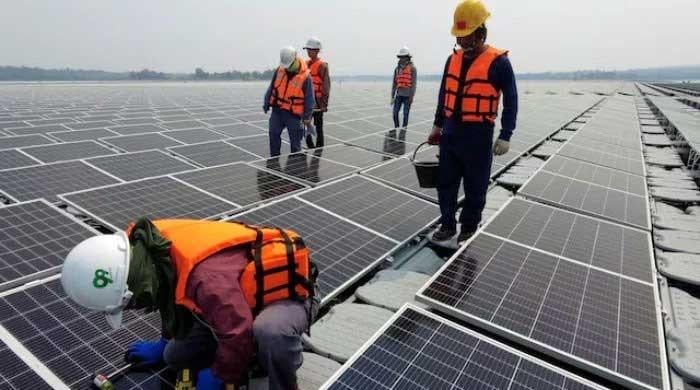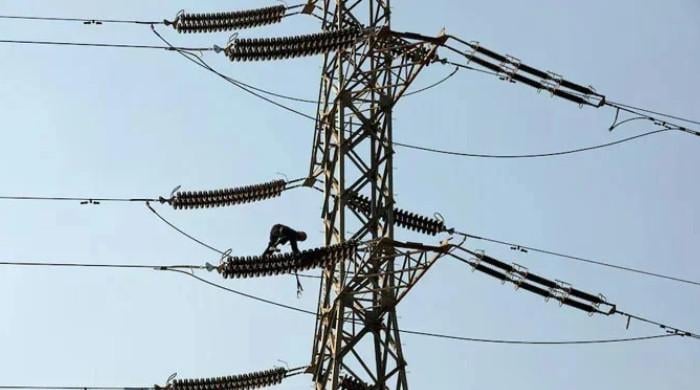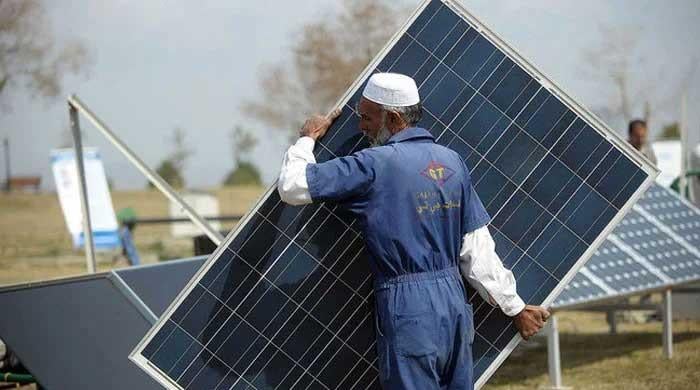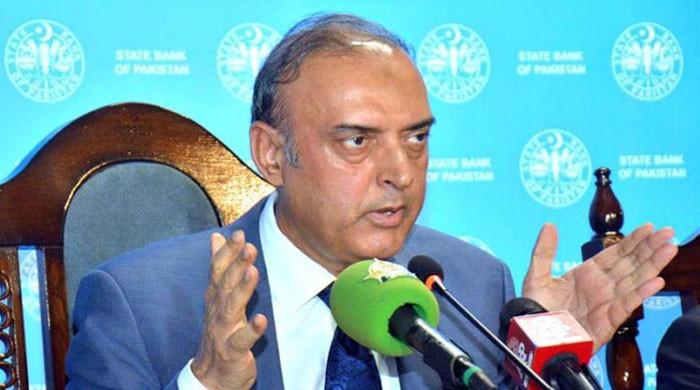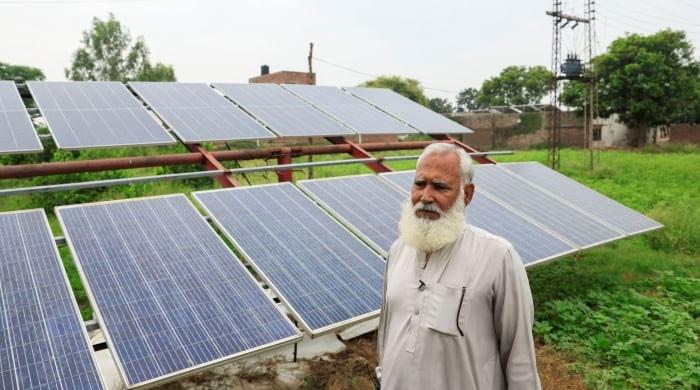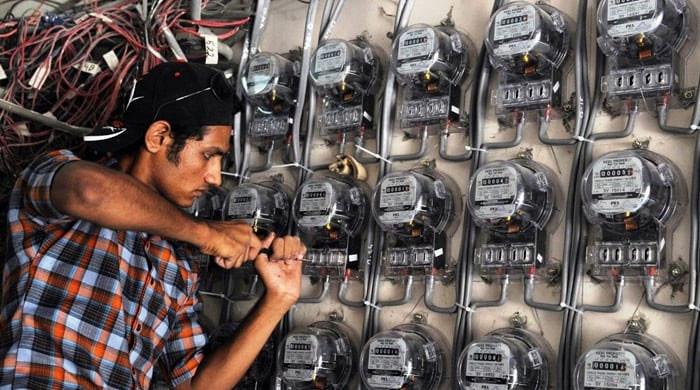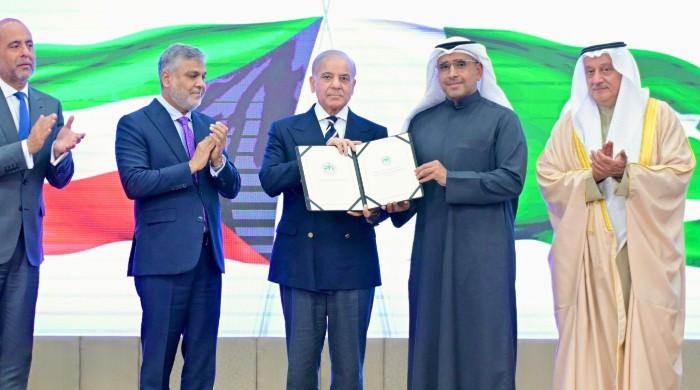Budget 2025–26: Applause for tax reforms, criticism over unrealistic targets
Business leaders have offered a mixed assessment of federal budget for upcoming fiscal year
June 11, 2025
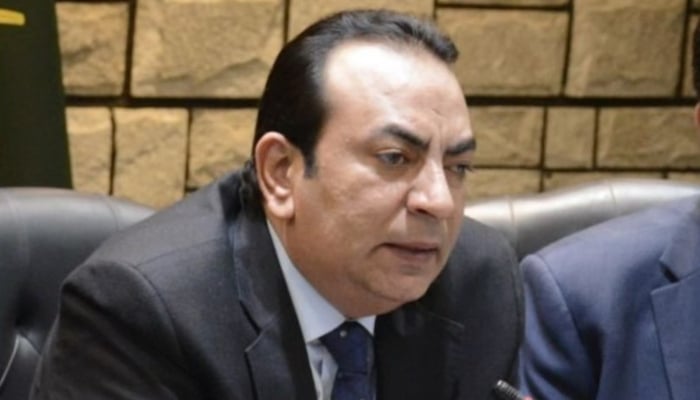
- FPCCI welcomes relief but slams unrealistic tax target.
- OICCI urges reforms in tax base and expenditure.
- KCCI criticises lack of relief for industrial sector.
KARACHI: Business leaders have offered a mixed assessment of the federal budget for 2025–26, with reactions varying across forums, The News reported.
Federation of Pakistan Chambers of Commerce & Industry (FPCCI) President Atif Ikram Sheikh praised certain provisions, particularly the government’s to curb taxpayer harassment and the move to simplify income tax return filing for SMEs and salaried individuals — a longstanding demand of the FPCCI. “It’s a good decision by the government,” he said.
However, Sheikh criticised the ambitious Rs2,500 billion hike in the tax collection target, labelling it unrealistic. He lauded the reduction in super tax as a positive development and the removal of duties on property transfers, terming it a positive signal for the economy.
The Overseas Investors Chamber of Commerce and Industry (OICCI) expressed disappointment at the limited progress in addressing inequities in corporate tax rates.
While acknowledging the marginal reduction in super tax, the chamber reiterated the urgent need for a comprehensive overhaul of the tax structure to enhance Pakistan’s competitiveness and attract foreign investment.
The OICCI also highlighted the lack of meaningful cuts in government expenditure, which could have helped narrow the fiscal deficit. It urged the government to prioritise fiscal discipline and expenditure rationalisation to ensure macroeconomic stability.
The chamber regretted the missed opportunity to broaden the tax base, particularly the absence of a concrete strategy to document the estimated Rs9 trillion cash-based informal economy — a key measure it has long advocated for meaningful revenue enhancement and economic formalisation.
Nonetheless, the OICCI welcomed several positive reforms, including simplified tax returns for salaried individuals and small businesses, the nationwide rollout of e-invoicing, and the expansion of POS systems — measures the chamber has consistently supported. However, it stressed that their success depends on effective implementation, transparency, and consistency.
The increase in the tax exemption threshold for salaried individuals (from Rs600,000 to Rs1.2 million) and the reduction in their tax rate (from 5.0% to 1.0%) were also welcomed. While these steps align with the OICCI’s recommendations, the chamber noted they still fall short of providing the meaningful relief needed to curb the country’s ongoing brain drain.
The OICCI also supported the government’s gradual phasing out of tax exemptions in Fata and Pata, as well as the imposition of stricter measures against non-compliant taxpayers, including restrictions on property and vehicle purchases, foreign asset transfers and the introduction of enhanced penalties.
These actions, it said, are essential for improving tax compliance and expanding the revenue base.
Despite these reforms, the OICCI stated that the budget fails to introduce transformative policies for the corporate sector. It emphasised the need for gradual rationalisation of tax slabs and a reduction in the overall tax burden on businesses to foster a more investment-friendly environment.
Zubair Motiwala, chairperson of the Businessmen Group (BMG), labelled the Federal Budget 2025-26 a “camouflage budget” and expressed strong reservations over what he termed its unrealistic targets and lack of meaningful relief for both the business community and the public.
Speaking at a press conference at the Karachi Chamber of Commerce and Industry (KCCI) following the finance minister’s budget speech, Motiwala said the budget's focus on digitalisation and promoting a cashless economy was insufficient to stimulate exports or drive industrialisation — both vital for long-term economic growth.
He criticised the government for setting overly ambitious goals despite missing all major economic targets in the previous fiscal year, including GDP growth and fiscal consolidation. He questioned how the new targets would be achieved, particularly given the prevailing economic fragility, high inflation, and constraints imposed by the International Monetary Fund (IMF).
Muhammad Jawed Bilwani, president of KCCI, outright rejected the budget, arguing that it fails to offer any tangible relief to either the industrial sector or the general public.
He stated that claims of reduced inflation did not reflect reality for households, where electricity bills remain unaffordable and basic necessities are increasingly out of reach.
Bilwani criticised the absence of measures to lower electricity tariffs and interest rates — key factors behind Pakistan’s high cost of doing business. Without addressing these issues, he said, neither industrial expansion nor job creation is feasible.
He warned that unless the high costs of energy and borrowing are tackled urgently, many businesses risk collapse.
He also expressed concern over the government’s heavy reliance on remittances and IMF support to manage the economy, calling it unsustainable.
Bilwani stressed the importance of fostering an environment conducive to industrial growth — the only viable path to improving key economic indicators.
He criticised the minimal allocation for long-delayed infrastructure projects such as K-IV, calling it a sign of the government’s neglect of Karachi’s needs despite the city’s substantial contribution to the national economy.
Bilwani concluded that the government has once again failed to heed repeated demands from the business community for broadening the tax net and introducing structural reforms — both of which are essential for ensuring long-term economic stability.




